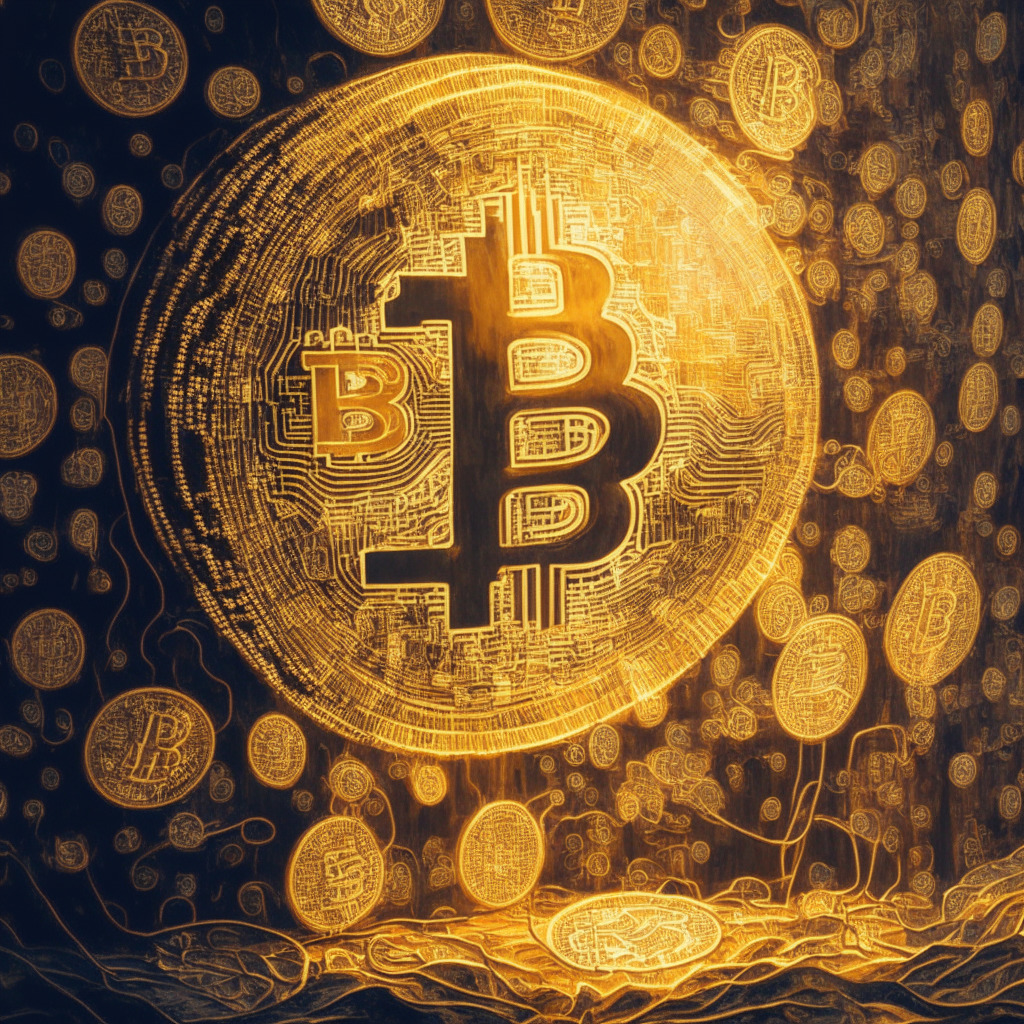The world is witnessing a remarkable transformation with the rise of the Internet of Things (IoT), a technology that integrates physical devices with the digital world, paving the way for data-driven decision making. Its adaptation across industries is rapidly revolutionizing processes, enhancing efficiencies, and creating new opportunities. To truly grasp its potential, let’s dive into seven real-world IoT applications.
Firstly, IoT has dramatically altered our interaction with our homes. Smart home automation systems, employing devices such as BTC capable thermostats, smart lighting, and security cameras, are enhancing comfort, energy efficiency, and security. A smart thermostat, for example, can adapt to your heating and cooling preferences, conserving energy.
On the industrial front, the Industrial Internet of Things (IIoT) is instigating remarkable advancements. Manufacturing equipment integrated with IoT sensors enable predictive maintenance and continuous monitoring of machine functions. This application reduces costly failures while boosting the efficiency of manufacturing processes.
The healthcare sector has also benefited from IoT’s potential by enabling remote patient monitoring and personalized healthcare. By enhancing the precision of health tracking devices like fitness trackers and smartwatches, the effectiveness of healthcare outcomes for patients has drastically improved.
Moving on, the agricultural industry has seen a paradigm shift with the introduction of “smart farming.” IoT sensors tracking various environmental conditions can determine essential variables such as soil moisture and crop health. Farmers can thus make informed decisions, conserve water, and prevent resource wastage.
IoT is also facilitating significant strides in the automobile industry by enabling connected cars and intelligent transportation systems. Networked vehicles can provide alternate routes and real-time traffic updates, streamlining regular commutes.
Interestingly, cities worldwide are transforming into smart cities, leveraging IoT. Urban infrastructures fitted with IoT devices collect data on energy use, traffic flow, waste management, among other things. Such data-driven decision-making aids in better resource allocation, enhanced public services, and improved quality of life.
Lastly, IoT is transforming the retail sector. By using IoT devices like beacons and smart shelves that track customer movements, retailers can create immersive, personalized shopping experiences. This strategy helps businesses optimize store designs and product placements while boosting customer engagement.
Embracing these transformative real-world applications, IoT stands as a testament to technology’s potential in shaping the future. However, critics throw a cautious light on ethical and security issues that comes with the implementation of this technology. Despite its tremendous potential, the efficiency versus security paradox continues to shape the future trajectory of IoT’s global adoption. In conclusion, while the potential applications of IoT are exciting and transformative, the implications of widespread deployment can’t be taken for granted.
Source: Cointelegraph




